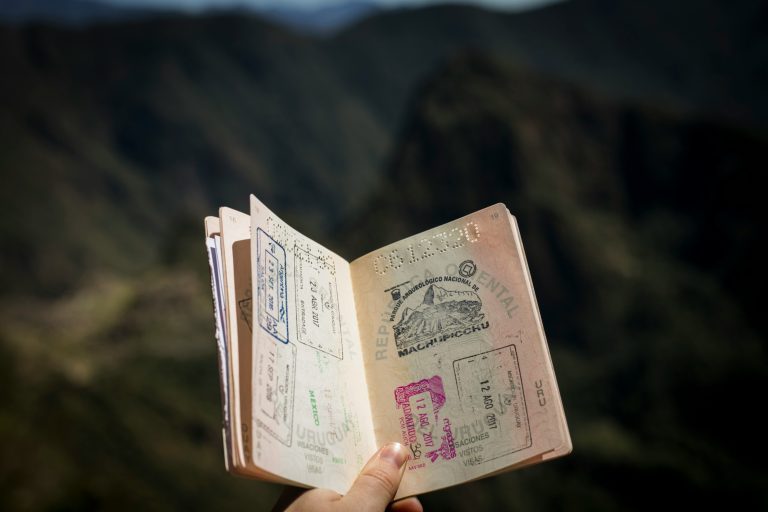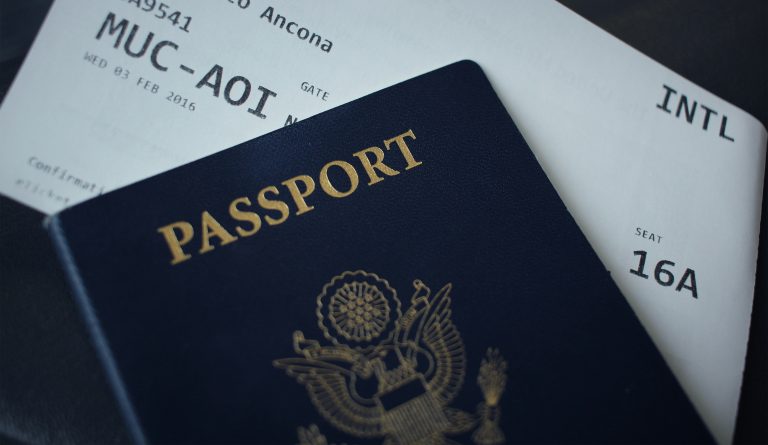Best Practices for Managing Remote Workers in International Teams

With the rise of remote work, managing a remote team has become a necessary skill for managers, especially in international teams. In this article, we will discuss the best practices for managing remote workers in international teams.
- Use video conferencing for team meetings and one-on-one check-ins to facilitate face-to-face communication and build relationships. Platforms like Zoom, Google Meet, or Skype can help bring remote workers closer to each other.
- Establish a communication plan that outlines the preferred channels of communication, such as email, instant messaging, or project management software. Clarify expectations around response times and availability to avoid confusion.
- Use screen sharing tools to collaborate on projects and share progress updates. Tools like Google Docs, Microsoft Teams, or Slack can help teams work on projects in real-time.
- Consider setting up a virtual water cooler or chat channel for non-work-related conversations to help remote workers feel more connected to their colleagues.
- Document important information and decisions in writing to ensure that everyone is on the same page. For example, use a project management tool to assign tasks and deadlines, and make sure that everyone can access it.
- Choose project management tools that work well for your team’s needs. For example, Trello, Asana, or Basecamp can help track progress, assign tasks, and communicate deadlines.
- Train your team on how to use the project management tools effectively to avoid confusion or mistakes.
- Use project management tools to set deadlines and milestones and make sure everyone is aware of them.
- Use project management tools to track progress and ensure that everyone is up-to-date on the project status.
- Schedule regular team-building activities to foster team cohesion. Virtual happy hours, online games, or in-person retreats can help build trust and collaboration among team members.
- Encourage team members to get to know each other on a personal level. For example, start virtual meetings with an icebreaker question or share personal updates during team meetings.
- Consider different time zones when scheduling team-building activities to ensure that everyone can participate.
- Encourage team members to share their culture and traditions with each other to foster cultural awareness and appreciation.
- Discuss cultural differences and potential communication barriers with your team. Create guidelines for cultural awareness and sensitivity to avoid misunderstandings.
- Encourage open communication about cultural differences and be willing to learn from each other. Create an environment where team members can ask questions and seek clarification without fear of judgment.
- Establish ground rules for cross-cultural communication, such as avoiding slang or idioms that may not be universally understood.
- Celebrate cultural diversity by acknowledging important holidays or events from different cultures represented on your team.
Managing remote workers in international teams requires a unique set of skills, by using these specific tips for managing remote workers in international teams, you can effectively manage a remote team and build a strong team dynamic.
Global People is a leading local employment solutions provider for national and international corporations and can advise and escort you in your next destination.






